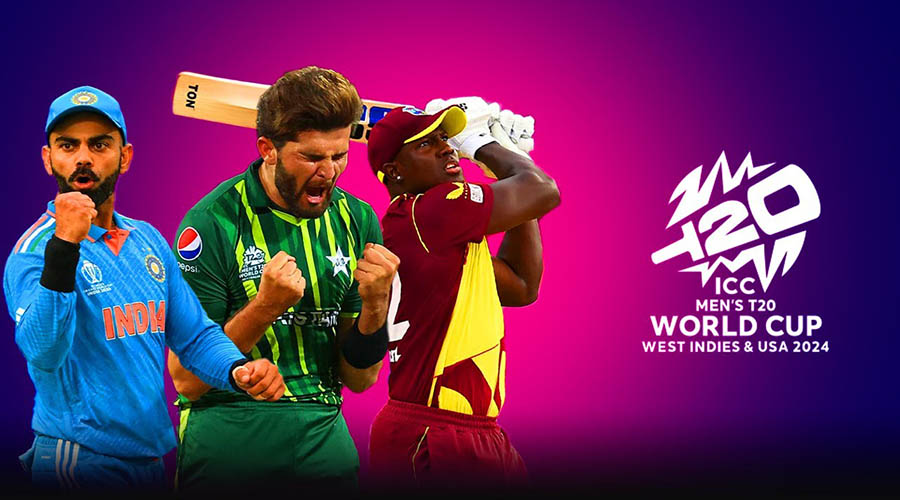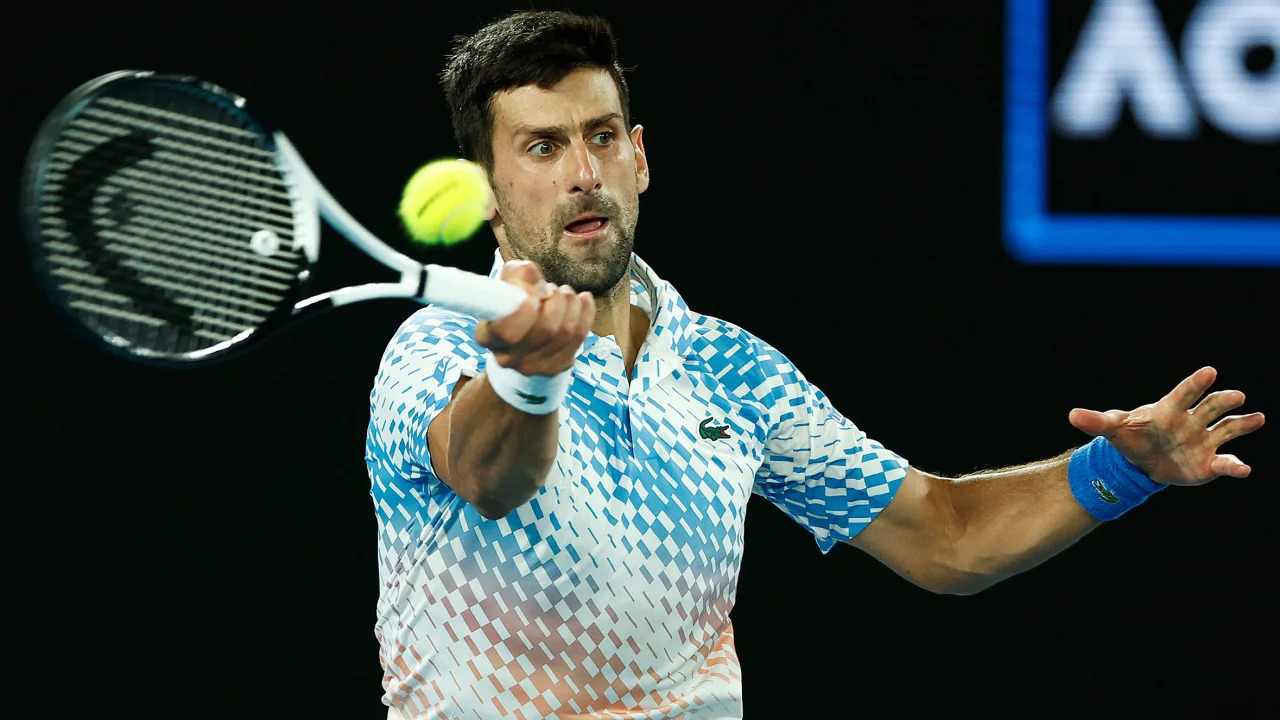The ICC Men’s T20 World Cup, is the Twenty20 International cricket tournament, organised by the International Cricket Council since 2007. The event has generally been held every two years. Wikipedia
Current champion: England (2nd title)
First edition: 2007 South Africa
Format: Twenty20 International
Most runs: Virat Kohli (1,142)
Most wickets: Shakib Al Hasan (47)
Number of teams: 20
The ICC Men’s T20 World Cup,2 is the Twenty20 International cricket tournament, organised by the International Cricket Council (ICC) since 2007.
The event has generally been held every two years. In May 2016, the ICC put forward the idea of having a tournament in 2018, with South Africa being the possible host,3 but the ICC later dropped the idea of a 2018 edition at the conclusion of the 2017 ICC Champions Trophy.4 The 2020 edition of the tournament was scheduled to take place but due to the COVID-19 pandemic, the tournament was postponed until 2021, with the intended host changed to India. The 2021 ICC Men’s T20 World Cup was later relocated to the United Arab Emirates (UAE) and Oman5 due to problems relating to the COVID-19 pandemic in India, taking place 5 years after the previous (2016) iteration.
As of 2022, eight editions have so far been played and a total of 21 teams have competed. Only the West Indies and England have won the tournament more than once, both having won two titles. The inaugural 2007 World Twenty20, was staged in South Africa and won by India, who defeated Pakistan in the final at the Wanderers Stadium in Johannesburg. The 2009 tournament took place in England, and was won by the previous runner-up, Pakistan, who defeated Sri Lanka in the final at Lord’s. The third tournament was held in 2010, hosted by the countries making up the West Indies cricket team. England cricket team defeated Australia in the final in Barbados, which was played at Kensington Oval, winning their first international tournament. The fourth tournament, the 2012 World Twenty20, was held in Asia for the first time, with all matches played in Sri Lanka. The West Indies won the tournament by defeating Sri Lanka in the final, winning its first international tournament since the 2004 Champions Trophy.6 The fifth tournament, the 2014 ICC World Twenty20, was hosted by Bangladesh, and was won by Sri Lanka defeating India, Sri Lanka being the first team to play in three finals. The sixth tournament, the 2016 ICC World Twenty20, was hosted by India and was won by West Indies defeating England. The seventh tournament, the 2021 ICC Men’s T20 World Cup , was hosted by UAE and was won by Australia defeating New Zealand.
England are the reigning T20 World Cup holders, having beaten Pakistan in the 2022 final, winning their second title. They became the first men’s team to hold both limited-overs World Cups (T20 and ODI) simultaneously.
Background
When the Benson & Hedges Cup ended in 2002, the ECB neededcitation needed another one-day competition to fill with the younger generation in response to dwindling crowds and reduced sponsorship. The Board wanted to deliver fast-paced, exciting cricket accessible to thousandsquantify of fans who were put off by the longer versions of the game. Stuart Robertson, the marketing manager of the ECB, proposed a 20-over per innings game to county chairmen in 2001, and they voted 11–7 in favour of adopting the new format.7
Domestic tournaments
Bangladesh vs South Africa at the 2007 tournament
The first official Twenty20 matches were played on 13 June 2003 between the English counties in the T20 Blast.8 The first season of Twenty20 in England was a relative success, with the Surrey Lions defeating the Warwickshire Bears by 9 wickets in the final to claim the title.9 The first Twenty20 match held at Lord’s, on 15 July 2004 between Middlesex and Surrey, attracted a crowd of 27,509, the largest attendance for any county cricket game at the ground – other than a one-day final – since 1953.10
Soon after with the adoption of Twenty20 matches by other cricket boards, the popularity of the format grew with unexpected crowd attendance, new domestic tournaments such as Pakistan’s National T20 Cup and Stanford 20/20 tournament, and the financial incentive in the format.11
The West Indies regional teams competed in what was named the Stanford 20/20 tournament. Convicted fraudster Allen Stanford backed the event financially, giving at least US$28,000,000 funding money, the fruit of his massive Ponzi scheme.citation needed It was intended that the tournament would be an annual event.citation needed Guyana won the inaugural event, defeating Trinidad and Tobago by 5 wickets and securing US$1,000,000 in prize money.1213 A spin-off tournament, the Stanford Super Series, took place in October 2008 between Middlesex and Trinidad and Tobago, the respective winners of the English and Caribbean Twenty20 competitions, and a 2008 Stanford Super Series team formed from West Indies domestic players; Trinidad and Tobago won the competition, securing US$280,000 prize money.1415 On 1 November, the Stanford Superstars played England in what was expected to be the first of five fixtures in as many years with the winner claiming a US$20,000,000 in each match.1617
Twenty20 Internationals
Main article: Twenty20 International
On 17 February 2005 Australia defeated New Zealand in the first men’s full international Twenty20 match, played at Eden Park in Auckland. The game was played in a light-hearted manner – both sides turned out in kit similar to that worn in the 1980s, the New Zealand team’s a direct copy of that worn by the Beige Brigade. Some of the players also sported moustaches/beards and hair-styles popular in the 1980s, taking part in a competition amongst themselves for “best retro look”, at the request of the Beige Brigade. Australia won the game comprehensively, and as the result became obvious towards the end of the NZ innings, the players and umpires took things less seriously – Glenn McGrath jokingly replayed the Trevor Chappell underarm incident from a 1981 ODI between the two sides, and Billy Bowden showed him a mock Penalty card (red cards are not normally used in cricket) in response.



